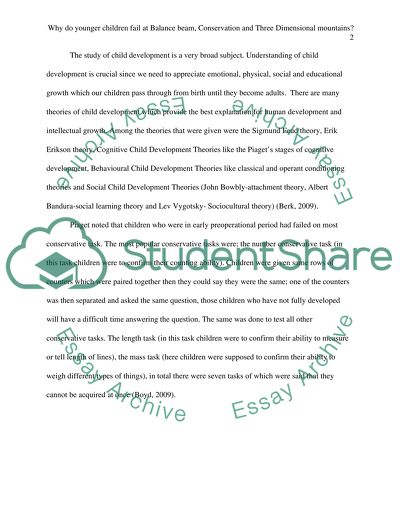Cite this document
(“Why Do Youger Childer Fail at Balance Beam, Conservation and Three Essay”, n.d.)
Retrieved from https://studentshare.org/psychology/1444976-social-developmental-psychology-title-paper-why-do
Retrieved from https://studentshare.org/psychology/1444976-social-developmental-psychology-title-paper-why-do
(Why Do Youger Childer Fail at Balance Beam, Conservation and Three Essay)
https://studentshare.org/psychology/1444976-social-developmental-psychology-title-paper-why-do.
https://studentshare.org/psychology/1444976-social-developmental-psychology-title-paper-why-do.
“Why Do Youger Childer Fail at Balance Beam, Conservation and Three Essay”, n.d. https://studentshare.org/psychology/1444976-social-developmental-psychology-title-paper-why-do.


